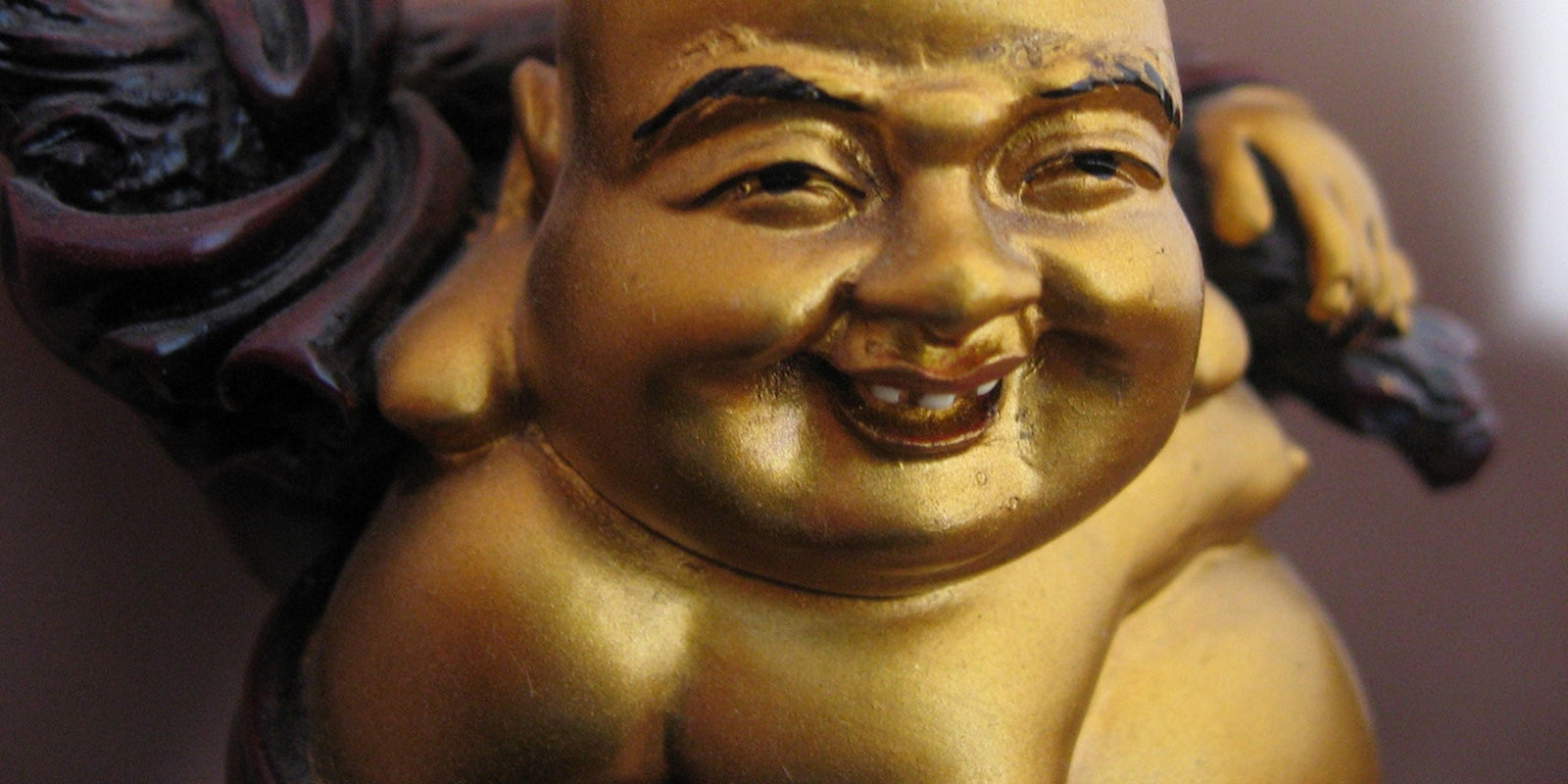Are you in a good mood because good things are happening to you, or because your Internet friends are happy?
A new study of more than 1 billion Facebook status updates suggests that if you’re smiling, it’s because your friends were smiling first.
Oh, and if you’re unhappy, it’s likely to be because one of your friends is getting rained on.
In a new study published in Plos, Researchers at the University of California, San Diego, have found that good moods can spread like wildfire over the Internet. Positive posts lead to more positive posts from the people who read them. And negative posts spread bad moods just as easily.
The study sought ways to measure “emotional contagion” online, and the way massive social media networks influence mood spread. Over a three-year period from 2009 to 2012, researchers studied Facebook statuses in the top 100 most populous cities in the U.S. to determine how moods were spreading online.
To do this, they used rainfall as an instrument of a change in mood. Rainy weather, they found, increases the number of negative posts by 1.16 percent and depresses the number of positive posts by 1.19 percent.
After identifying locations where it was raining, the researchers looked at Facebook statuses to see if the unhappy, damp residents of those cities were transmitting their sour moods to people in other cities where it was sunny.
Sure enough, they were. Each additional negative Facebook status yielded 1.29 more negative status updates among the posts of their friends in non-wet cities.
Positive posts did even better. Each additional positive post yielded an additional 1.75 positive posts among Facebook friends.
“It is possible that emotional contagion online is even stronger than we were able to measure,” said lead author James Fowler, professor of political science in the Division of Social Sciences and of medical genetics in the School of Medicine at UC San Diego. Fowler noted that the spread might be even higher in cities where the moody status-updaters lived.
“We have a pretty good sense from other studies that people who live near each other have stronger relationships and influence each other even more. If we could measure those relationships, we would probably find even more contagion.”
The researchers believe their findings have widespread implications. Emotions, they write, “might ripple through social networks to generate large-scale synchrony that gives rise to clusters of happy and unhappy individuals.” And with ever more avenues for expression in a digitally connected world, they write, “we may see greater spikes in global emotion that could generate increased volatility in everything from political systems to financial markets.”
It would seem that such spikes and synchrony are already happening. Earlier this week, national protests that began on Turkish social media spilled over into the streets as political protests, as the “emotional contagion” of outrage over the death of a 15-year-old boy spread.
The study also has profound implications for the study of mental health and patterns of emotional behaviors online. “If an emotional change in one person spreads and causes a change in many,” said Fowler, “then we may be dramatically underestimating the effectiveness of efforts to improve mental and physical health.”
“We should be doing everything we can to measure the effects of social networks and to learn how to magnify them so that we can create an epidemic of wellbeing,” Fowler said.
In other words, getting caught up in waves of negative feeling among your online peers could be just as bad for you as undergoing emotional setbacks offline. And conversely, being a part of an outpouring of positive feeilng on the Internet can create a wave of positive forward momentum online.
Harnessed effectively, understanding how to catalyze positive and negative emotional spreads online could be powerful tools for everything from marketing to psychology.
It might even make us look forward to the next rainy day.


